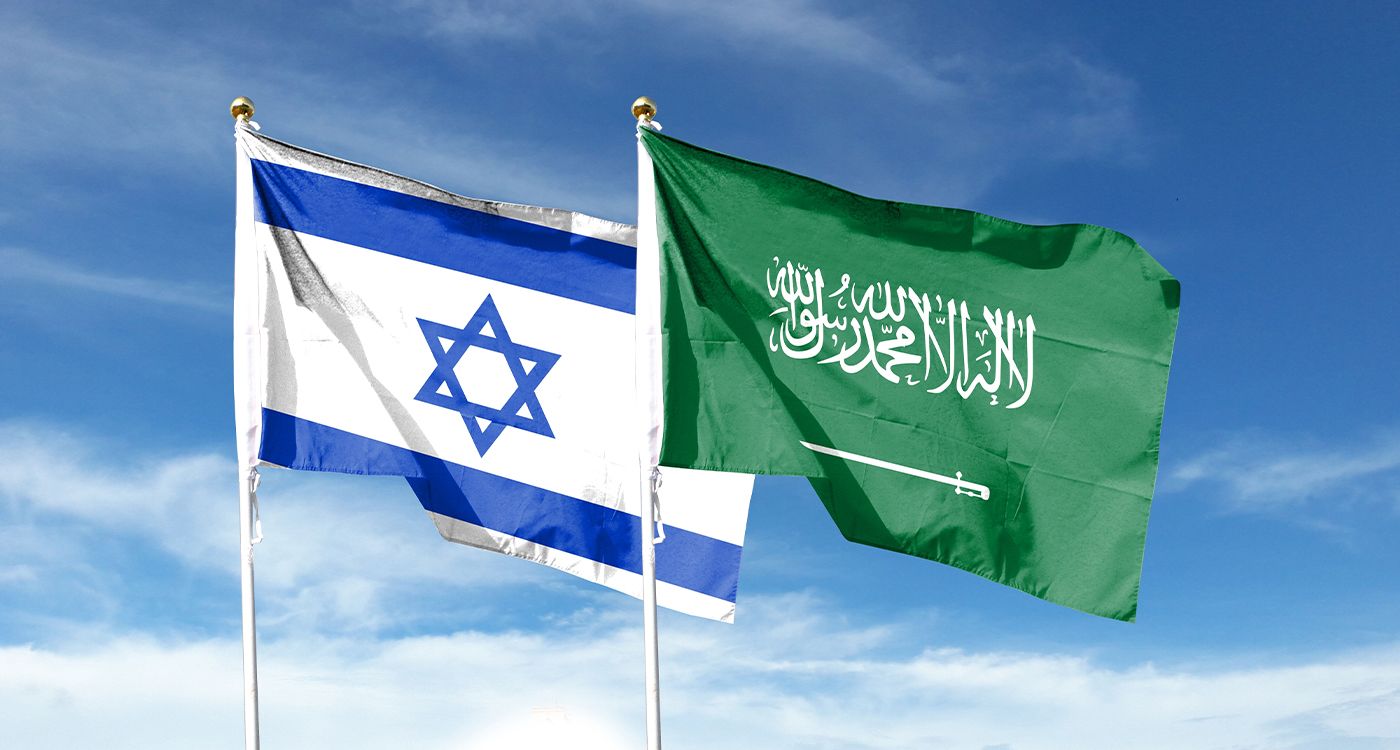- Home
- Middle East
- Saudi Arabia and the Dilemma of Recognizing Israel

With a pending Gaza ceasefire and Donald Trump returning as US president, Saudi Arabia's de facto leader must now decide whether to recognize Israel before a Palestinian state is created.
For Trump, normalization of Israeli-Saudi ties would be the deal of all deals. But Riyadh has insisted a Palestinian state must be established before such a historic move can be agreed.
The announcement of a Gaza ceasefire between Israel and Hamas, due to begin the day before Trump takes the oath of office on Monday, only increases the pressure on Riyadh to edge towards a deal.
Saudi Arabia hailed the pending Gaza truce but insists on "complete withdrawal of the Israeli occupation forces" from the devastated Palestinian territory.
Riyadh paused tentative talks on normalising ties with Israel early in the Gaza conflict and hardened its rhetoric as the war continued.
For the Saudis, "a credible, time-bound, and non-reversible pathway towards the creation of a Palestinian state remains the minimal prerequisite for normalization with Israel," said Firas Maksad, of the Washington-based Middle East Institute.
Trump's commitment to Israel was made clear during his first term when he moved the US embassy from Tel Aviv to Jerusalem.
But his administration also brokered the Abraham Accords in 2020, which saw Israel establish relations with the United Arab Emirates, Morocco, and Bahrain.
That raised hopes of a similar deal with Saudi Arabia, the Arab world's richest economy and guardian of Islam's two holiest sites.
Close ties
"President Trump is laser-focused on being able to conclude the deal of the century, as he likes to call it, which is the normalization between Saudi Arabia and Israel and the broader Arab world," Maksad told AFP.
Trump has cultivated close ties with "MBS" - Mohammed bin Salman, the Saudi crown prince and de facto ruler.
After journalist Jamal Khashoggi's murder in the Saudi consulate in Istanbul in 2018 caused international uproar, Trump was one of the few voices to defend the crown prince.
According to Saudi researcher Aziz Alghashian, after Trump is sworn in on Monday, he and the US pro-normalization lobby "are just going to really focus their efforts, not only just speaking to Saudi Arabia, but in particular MBS."
In October, Israel's Prime Minister Benjamin Netanyahu told parliament he wanted peace with Arab countries after a year of war in Gaza and Lebanon had stoked rage across the region.
But his government remains opposed to the internationally backed two-state solution of Israel and a Palestinian state coexisting.
Saudi Arabia does not recognize Israel, but since 2020 has been negotiating rapprochement in exchange for a US defence pact and Washington's help on a civilian nuclear program.
Maksad believes that such a defence pact could prove problematic for a Trump administration that would require Democratic party backing in the Senate in order to pass.
"The Saudis have made it clear that they need that alliance and that treaty from the United States," Alghashian said.
Public opinion
The major obstacle for Riyadh would be turning the page on Gaza.
Anna Jacobs, a non-resident fellow at the Arab Gulf States Institute in Washington, says the Saudi people are strongly pro-Palestinian.
The ceasefire "doesn't erase the last year and a half, almost, of war, of massacres, of killing nearly 50,000 Palestinians," she said.
"And it doesn't erase, I think, also record low public opinion of Israel, but also the US, in countries like Saudi Arabia."
In September, the Saudi crown prince stated clearly that Saudi Arabia would not recognize Israel without an independent Palestinian state.
This position was reaffirmed in November at a joint Arab League and Organization of Islamic Cooperation summit at which Israel was accused of "genocide" in Gaza.
"Saudi Arabia, especially after taking such a clear public position on this issue, will have to play it very cautiously and will have to move very slowly," Jacobs said.
"It's not just a matter of the Gaza war ending. It's about what comes next, and it is also about whether or not this leads to a political process and a roadmap for a two-state solution in some kind of way."
A form of limited normalization may still be possible.
If it does happen, "this is now more likely to be limited to diplomatic recognition and a cold peace rather than allowing for business, cultural, and people-to-people exchange" as the Abraham Accords did, Maksad said, citing Jordan.
With AFP
Read more



Comments